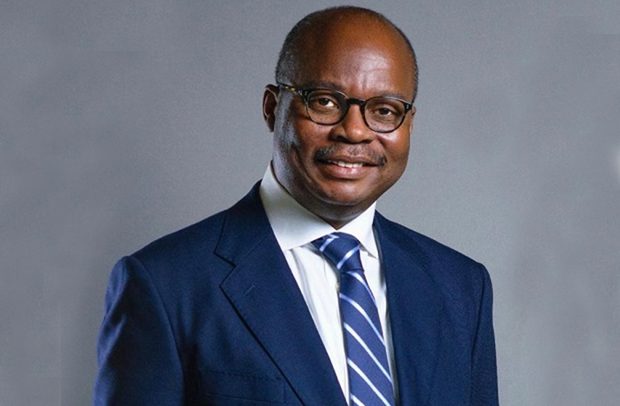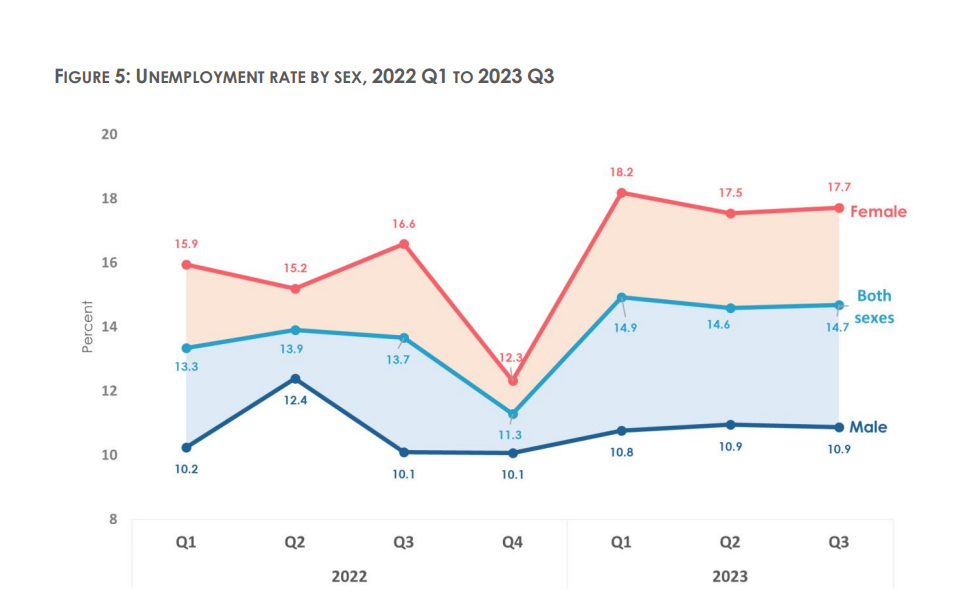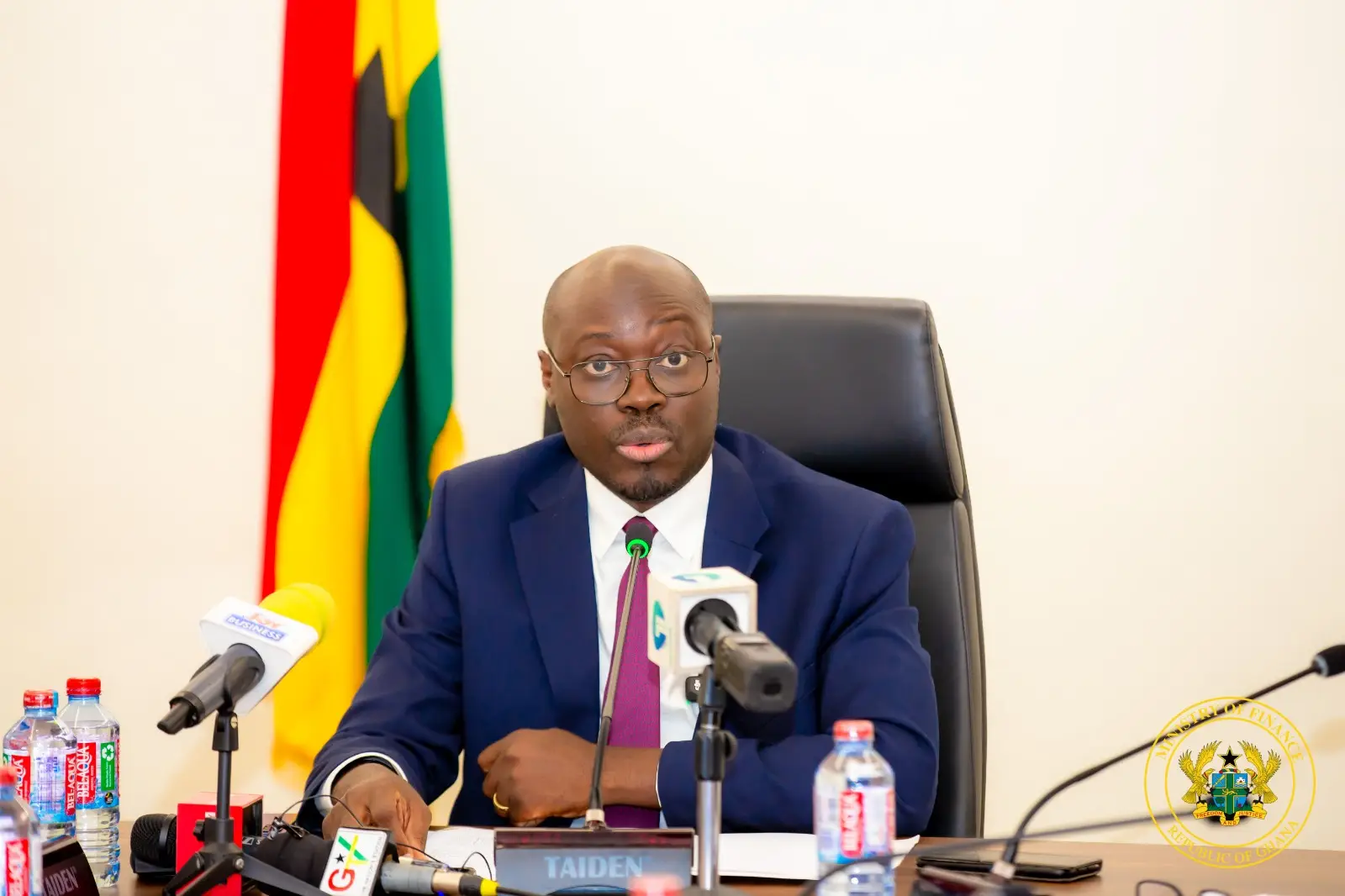
The Monetary Policy Committee of the Bank of Ghana kept its benchmark interest rate unchanged at 17 per cent, citing short-term pressure on emerging economies, Dr Ernest Addison said this during the Monetary Policy Committee media engagement at the Bank of Ghana.
Addressing a press conference, Dr Addison said the normalization of US monetary policy, resulting in strengthening of the US dollar and rising US yield rates, have continued to weigh-in on emerging market assets.
Annualized inflation rose for a second time in a row to 10 per cent in June while the local cedi currency, which had been fairly stable in the first four months, depreciated 5.8 per cent in the year to July 19.
"Global conditions are characterized by geopolitical tensions and uncertainties in the external environment. There are also concerns about further tightening of US monetary policy with adverse implications on capital flows and currency markets for emerging market and frontier economies," he said.
"Given the circumstances, especially with regard to the global outlook, the committee decided to maintain the monetary policy rate at 17 per cent while closely monitoring developments in the near-term," he added.
Total public debt declined from 67.3 per cent of GDP (GH¢137.3 billion) in May 2017 to 63.8 per cent of GDP (GH¢154.3 billion) at the end of May 2018.
Of the total debt stock, domestic debt was GH¢72.6 billion, accounting for 47.0 per cent and external debt was GH¢81.7 billion with a share of 53.0 per cent.
The Gross International Reserves (GIR) at the end of June 2018 was US$7.3 billion, equivalent to 3.9 months of import cover, providing enough buffer against the aforementioned external shocks and remains adequate to enable the bank to address any external vulnerabilities.
According to the governor of the central bank, Dr Ernest Addison, although inflation had moved upwards recently due to the effects of increases in administered prices of petroleum and transportation costs, the committee viewed that "effects from these relative price changes would not be significant enough to alter the inflation trajectory over the medium-term."
He said this would require continued fiscal consolidation, together with tight monetary policy to keep inflation within the target band.
The Bank of Ghana has continually reduced the policy rate over the past one year by 550 basis points - from 22.5% in June 2017 to the current 17% - as part of measures to ensure a fiscal consolidation and to check rising inflation.
The governor of the central bank assured that the Monetary Policy Committee stands ready to take the appropriate policy measures "to promptly address any potential threats to the disinflation path."
Read Full Story





















Facebook
Twitter
Pinterest
Instagram
Google+
YouTube
LinkedIn
RSS